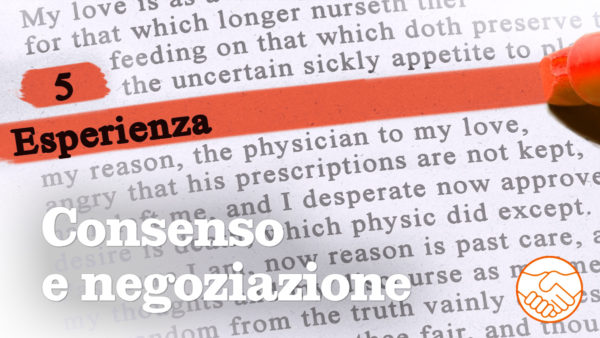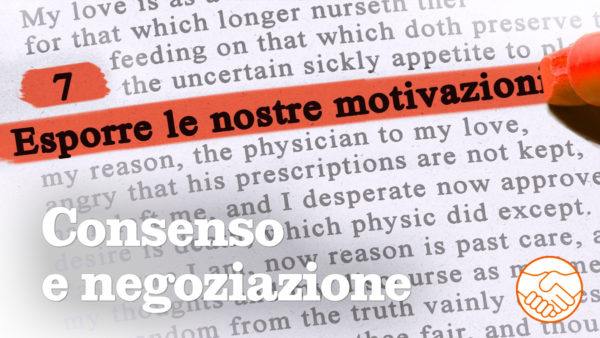6 – When and how much to negotiate
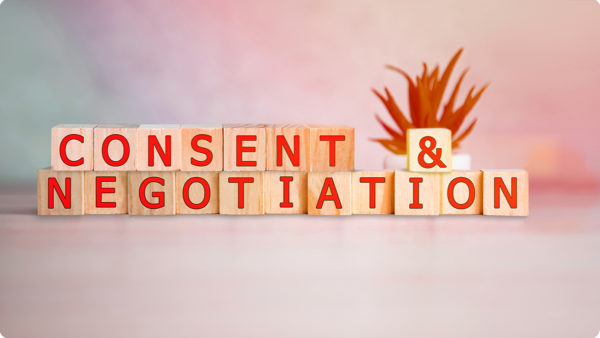
TABLE OF CONTENTS
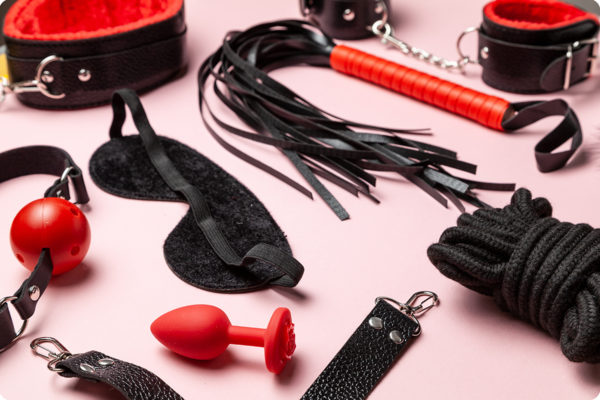 WHEN AND HOW MUCH TO NEGOTIATE
WHEN AND HOW MUCH TO NEGOTIATE
Let’s start talking more actively about negotiation with some general advice on what aspects to touch upon and how these may change over time.
Generally speaking, each session should be negotiated on a case-by-case basis, especially with partners we are not very familiar with. Some limits that might have worked well in one situation may not apply to another, or some changes may have occurred. Obviously it is both the top and the bottom’s duty to find out whether there have been any variations from the previous sessions, but also to inform the partner if we are aware that we have changed our decisions on certain aspects. To assume that the partner could have understood on their own any certain thing they didn’t get should make us reflect on the fact that perhaps we should have informed them first.
The amount of information to negotiate also changes depending on how much experience we have, how well we know our partner and how much we trust them. A couple who have been playing together for a long time will need to clarify fewer aspects than two persons meeting for the first time, just as two experienced people will be able to immediately identify the important points of a negotiation regarding what they are going to do.
On the internet we can find several questionnaires in which we can indicate our preferences regarding a lot of practices, limits, ways the session should take place, its duration, etc. These are dubiously useful forms. First of all, negotiation does not end with a tick test. Also, the problem with negotiating too many aspects before a session is that not only are they not all fundamental, but also that among the tons of information received we could forget the really important ones!
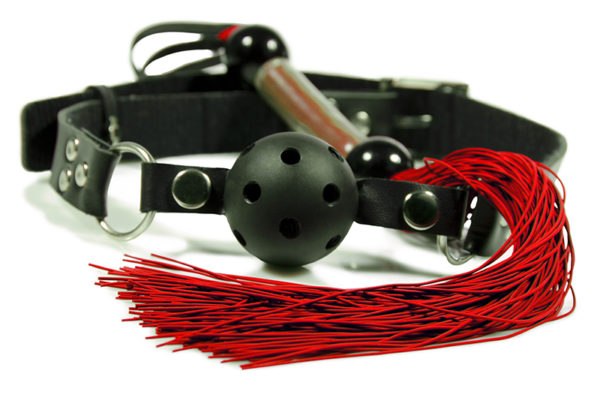 It is indeed very difficult that in the same session we will do so many practices to require the negotiation of an enormous number of aspects. Especially with a new partner, it is better to limit the first sessions to a few practices and to develop mutual knowledge and trust over time, in order to feel more confident afterwards for more articulated and challenging sessions.
It is indeed very difficult that in the same session we will do so many practices to require the negotiation of an enormous number of aspects. Especially with a new partner, it is better to limit the first sessions to a few practices and to develop mutual knowledge and trust over time, in order to feel more confident afterwards for more articulated and challenging sessions.
